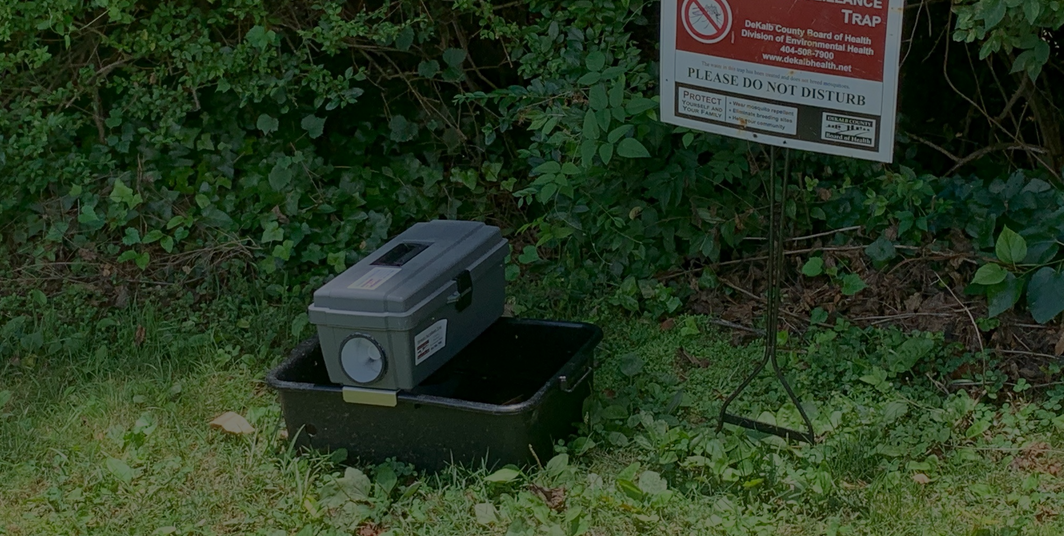
DECATUR, GA– the DeKalb County Board of Health this week received lab confirmation that four of its mosquito surveillance traps tested positive for mosquitoes carrying the West Nile Virus (WNV).
These positive traps were stationed in the following ZIP Codes:
- 30316 – East Atlanta/Unincorporated DeKalb County
- 30341 – Chamblee
- 30345 – Unincorporated DeKalb County
- 30360 – Doraville
Due to COVID-19 contact precautions, the Board of Health is not performing its usual door-to-door canvas of the affected areas.
To date this year, there have been no human cases of WNV infection confirmed in DeKalb County.
To monitor for diseases that mosquitoes can transmit to humans, the Board of Health deploys mosquito traps throughout the county during the summer months. Although the traps are in areas with little foot traffic, someone coming upon one can easily identify it by its red and white sign.
Once mosquitos are collected by a trap, they are examined under a microscope and sorted by species and gender. Appropriate mosquitoes are then tested for specific viruses. The main virus of concern in the Atlanta area is WNV.
Last year in DeKalb County, there were 13 West Nile virus-positive mosquito collections from 11 sites and no cases of human infection.
In addition to trapping and testing mosquitoes, our seasonal technicians work with residents to eliminate them. Measures include placing larvicide in areas with standing water, like inside storm drains. This keeps young mosquitoes from becoming flying, biting adults. Larvicides do not harm people, pets, or the environment.
As mosquito season continues, the DeKalb County Board of Health reminds residents to take the following precautions now and throughout the summer and fall:
- Reduce mosquito breeding in your yard by eliminating standing water in gutters and items such as planters, toys, wheelbarrows and old tires.
- Discourage mosquitoes from resting in your yard by trimming tall grass, weeds and vines.
- Make sure window and door screens fit tightly to keep mosquitoes out of your home.
- Reduce your outdoor exposure at dawn and dusk, when the mosquitoes that transmit West Nile virus are most active.
- Use an insect repellent containing DEET, picaridin, oil of lemon eucalyptus or IR3535. Apply according to label instructions.
- Spray clothing with products containing permethrin according to label instructions.
- Wear long-sleeved shirts, long pants and socks when outdoors, particularly at dawn and dusk and in areas with large numbers of mosquitoes.
For more information about West Nile Virus, contact the DeKalb County Board of Health’s Environmental Health division at (404) 508-7900 or visit https://www.dekalbhealth.net/envhealth/west-nile-virus/.
Read the original story on OCGNews.com.











